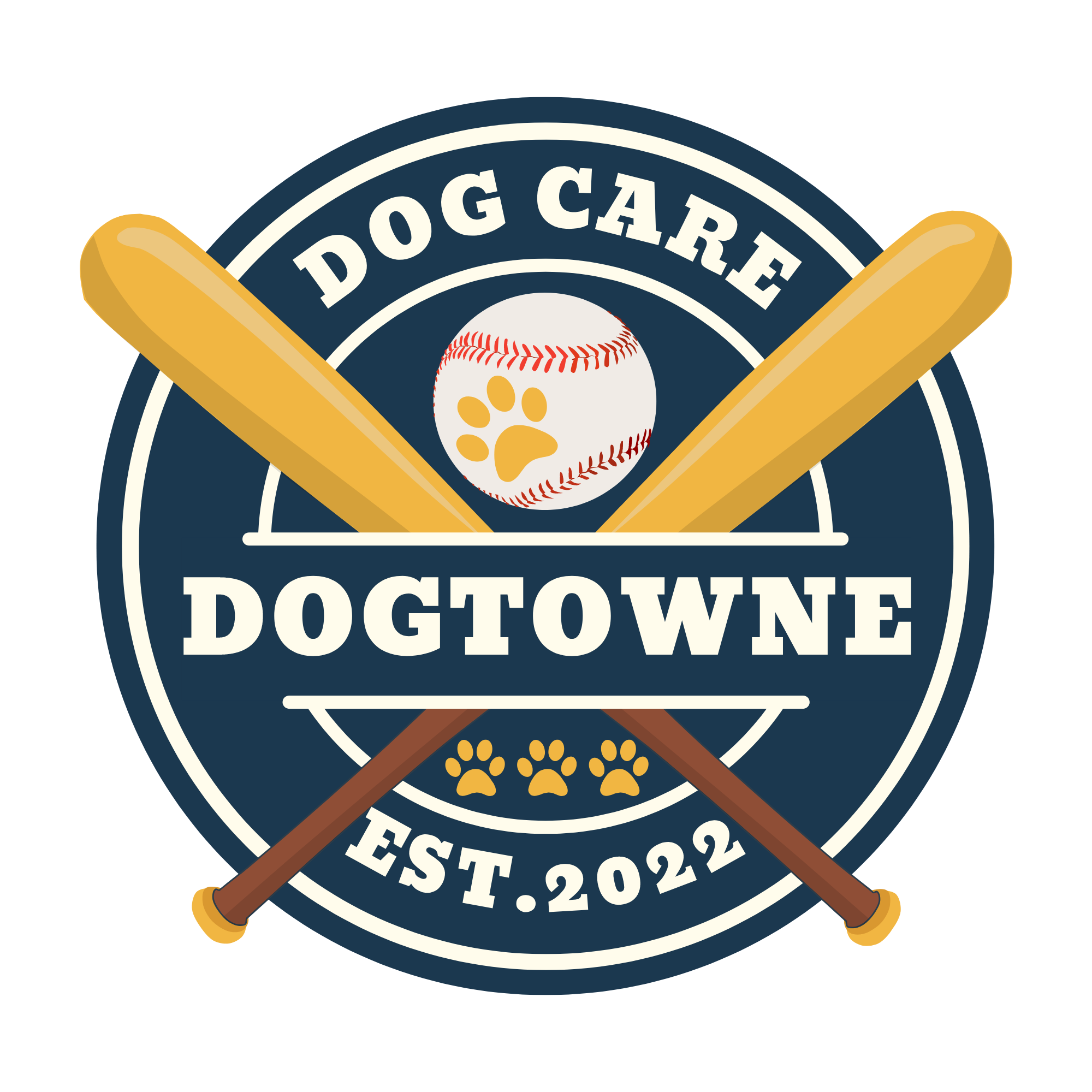Celebrating National Pet Dental Health Month: A Guide to Keeping Your Furry Friends’ Smiles Bright
February isn’t just about hearts and chocolates; it’s also a time to focus on something equally important – our pets’ dental health! National Pet Dental Health Month, observed every February, serves as a reminder for pet owners everywhere to pay attention to their furry companions’ oral hygiene. Just like humans, pets need regular dental care to maintain overall health and happiness. In this blog, we’ll explore why dental health is crucial for pets and offer some tips for keeping those adorable smiles shining bright.
Why Pet Dental Health Matters:
Many pet owners underestimate the importance of dental health in their furry friends. A healthy mouth is proven to add years to your pet’s life. According to the American Veterinary Medical Association, “80% of dogs and 70% of cats have some form of dental disease by the age of 3.” Poor dental hygiene can result in periodontal disease, which not only causes discomfort but can also affect vital organs such as the heart, liver, and kidneys. Additionally, dental problems can lead to difficulties in eating, which may result in malnutrition and weight loss. By prioritizing your pet’s dental health, you’re not only ensuring their comfort but also their overall well-being.
Tips for Maintaining Your Pet’s Dental Health:
- Regular Brushing: Just like humans, pets benefit from regular brushing to remove plaque and prevent tartar buildup. Use a pet-specific toothbrush and toothpaste to brush your pet’s teeth at least a few times a week. Start slow and be patient, gradually introducing your pet to the process to make it a positive experience.
- Dental Chews and Toys: Provide your pet with dental chews and toys designed to promote oral health. These products can help reduce plaque and tartar buildup while also providing entertainment for your pet.
- Professional Dental Cleanings: Schedule regular dental check-ups and cleanings with your veterinarian. Professional cleanings are essential for addressing any underlying dental issues and maintaining your pet’s oral health.
- Balanced Diet: Feed your pet a balanced diet that promotes dental health. Look for pet foods specifically formulated to support oral hygiene, such as those designed to reduce tartar and plaque buildup.
- Monitor for Signs of Dental Problems: Keep an eye out for signs of dental issues in your pet, such as bad breath, swollen or bleeding gums, difficulty eating, or loose teeth. If you notice any of these symptoms, consult your veterinarian promptly for evaluation and treatment.
Check out a list of products that have earned the Veterinary Oral Health Council’s Seal of Acceptance HERE!
Celebrating National Pet Dental Health Month:
This February, let’s celebrate National Pet Dental Health Month by prioritizing our furry friends’ oral hygiene. Take the time to assess your pet’s dental health and implement steps to promote a healthy smile. Whether it’s regular brushing, providing dental chews, or scheduling a professional cleaning, every effort you make contributes to your pet’s overall well-being. Let’s keep those tails wagging and those purrs rumbling with bright and healthy smiles!
To celebrate this important month, we’re hosting Dental Treat Week at DogTowne! From 2/12 through 2/17, we’re giving all dogs in day and night care a FREE DENTAL TREAT! We still have availability for this week, so call or email to book, now!

